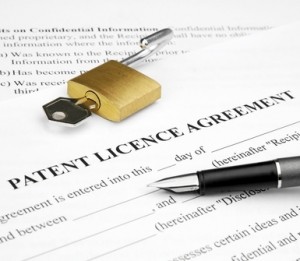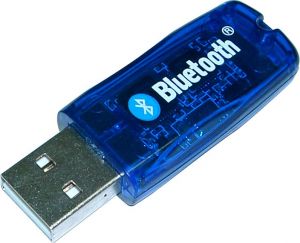 On November 30, Washington Research Foundation filed a patent infringement lawsuit against ten defendants, including Apple, Microsoft, Samsung, and HP. Filed in the U.S. District Court for the Western District of Washington, the lawsuit alleges that the technology companies infringe on patents that the plaintiff has the exclusive licensed to use and enforce.
On November 30, Washington Research Foundation filed a patent infringement lawsuit against ten defendants, including Apple, Microsoft, Samsung, and HP. Filed in the U.S. District Court for the Western District of Washington, the lawsuit alleges that the technology companies infringe on patents that the plaintiff has the exclusive licensed to use and enforce.
According to the complaint, the plaintiff, Washington Research Foundation, is a nonprofit organization in Washington State that is charged with the review of technology disclosures by the University of Washington and other Washington research institutions. The Foundation is also responsible for seeking and enforcing patents, copyrights, and other applicable legal protections for technology developments by the institutions.
The complaint alleges that University of Washington researcher Edwin A. Suominen developed 14 inventions used in radio frequency technology and Bluetooth® communication systems. Patents for these inventions were issued to Suominen, but the University of Washington owns all right, title, and interest in the patents pursuant to an assignment agreement between the University and Suominen. In turn, the Washington Research Foundation (named plaintiff in this case) owns an exclusive license to these patents.

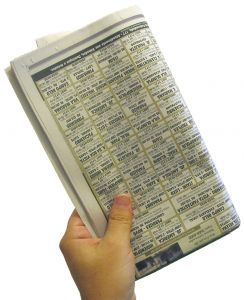 On Thursday, November 29, Google was named as the defendant in a
On Thursday, November 29, Google was named as the defendant in a 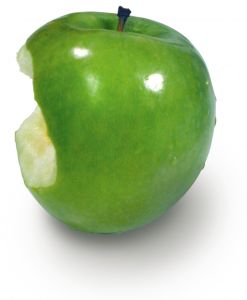 Last Thursday, November 29, a foreign corporation called Arendi
Last Thursday, November 29, a foreign corporation called Arendi  Newton v. LePage
Newton v. LePage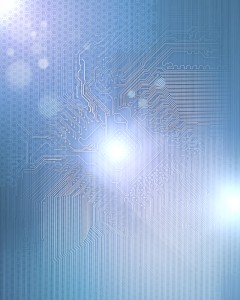 Massachusetts company Lexington Luminance LLC (“Lexington”)
Massachusetts company Lexington Luminance LLC (“Lexington”) 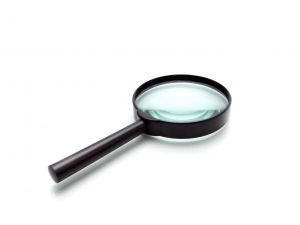 Yesterday, November 29, Brent Matthew Scott
Yesterday, November 29, Brent Matthew Scott 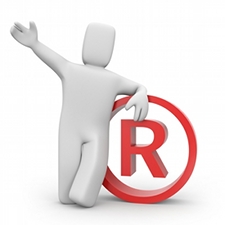 Apple acquired partial European trademark rights to the word “lightning” from motorcycle maker
Apple acquired partial European trademark rights to the word “lightning” from motorcycle maker 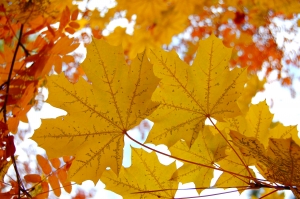 Happy Thanksgiving from the Justia team — we are thankful for all our readers and free law friends!
Happy Thanksgiving from the Justia team — we are thankful for all our readers and free law friends!